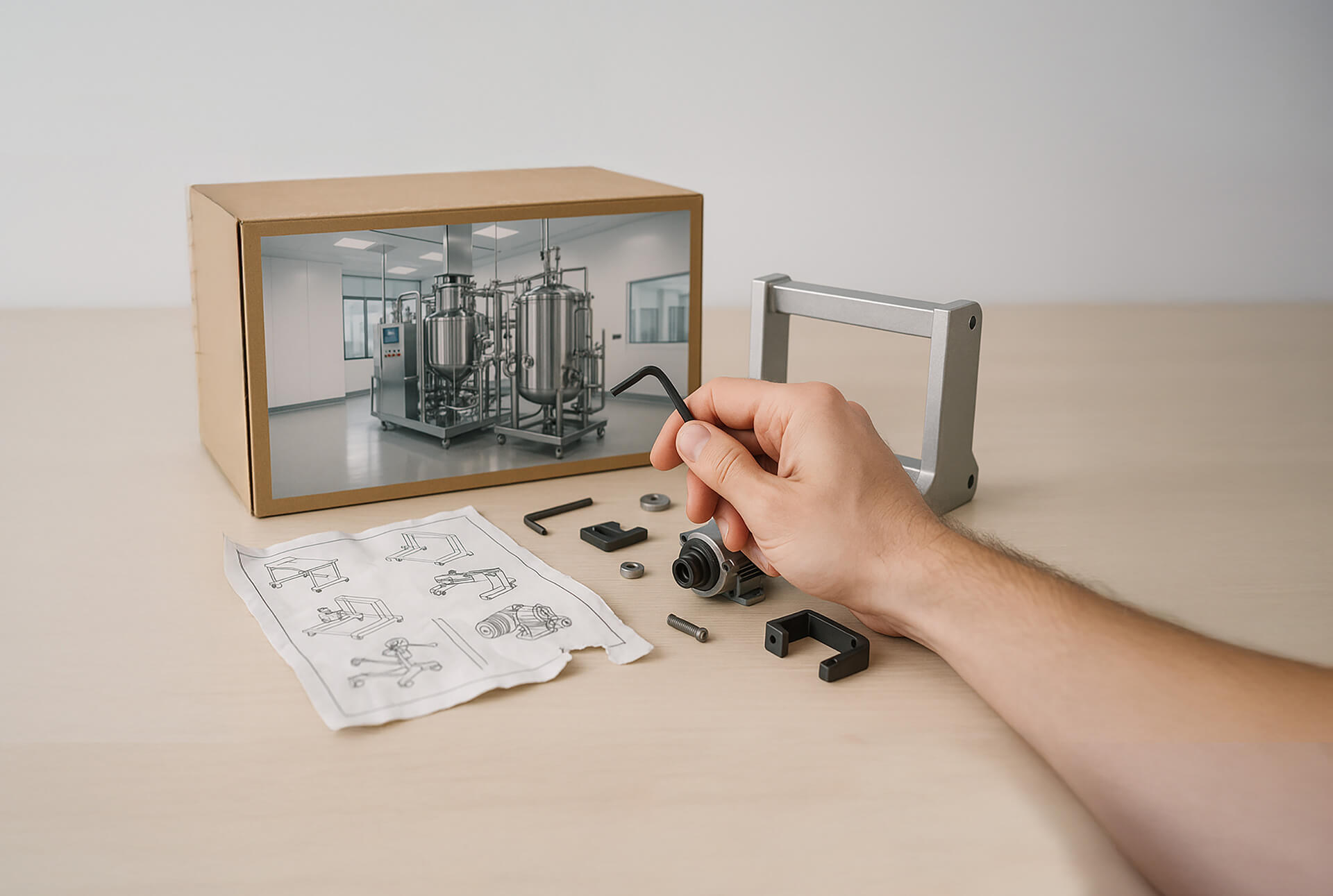
We come across many clients whose business model includes the assessment and eventual acquisition of companies or products in order to gain access to or control of enabling technology. Recent data (seen in LinkedIn!) indicates that for large pharma, this is now the majority modality for early development. Big pharma does not do big research, but they are very good at big development.
We now see the same trend in medium-sized, established pharma also. The attractive margins and technological barriers to entry associated with biologics, radioligands and antibody conjugates have some companies with significant cash reserves buying up examples of these new technologies.
And there’s the problem. Due Diligence efforts are done under pressure of time constraints, with firewalls and various degrees of transparency and cooperation. This means that you never really know what you’re getting until you’ve bought it. On top of that, if your expansion strategy is to branch out to novel areas, you’ve now bought something with gaps that you have little or no experience regarding how to fix it. Just like buying a cabinet at IKEA, you’ve purchased on the promise of the finished article, but what you get is a flat pack that requires assembly. The problem is that the new concern that you just acquired doesn’t come with IKEA instructions, and you’re going to need more than a #2 Phillips screwdriver and a 4mm Allen wrench.
After welcoming any new colleagues, the first step has to be to pick up where the DD left off. This is about observation, learning and assessment of:
- Structure
- Capability
- Operational readiness
- Undisclosed or undiscovered risk
All of this, while leading through change on all sides, keeping your existing and new colleagues from worrying about their jobs and careers, at the same time as preserving the value and viability of your new acquisition. This careful assessment, followed by design and planning, then careful and caring implementation, requires skills, knowledge, experience and wisdom. Executive leaders in the Quality field are uniquely positioned to do well in this setting, when supported and guided by trusted advisors and consultants. The right partner will provide methodology and insight to help with assessment and with constructive planning and design.
We know this because we’ve lived this truth, both from within operating companies and as partners brought in to help. We’ve helped many companies, from global big pharma to small startups, take objective stock of where they are, and to plan and execute on commercialization while navigating imperatives around quality, compliance, operations and change management.
If this is your world right now, shepherding acquired capability towards approval and commercial success, we’d love to talk with you about how we can help you too.
Mark Roache, QxP VP of Cell and Gene Therapies, has spent his 30-plus year career in GXP. Mark was the Chief Quality Officer for AveXis (now Novartis Gene Therapies) at the time of Zolgensma launch. He was previously Senior VP of Quality for KBI (a CDMO with cell-therapy capabilities) and has held other senior Quality roles at Novartis, Merck and Bayer.

